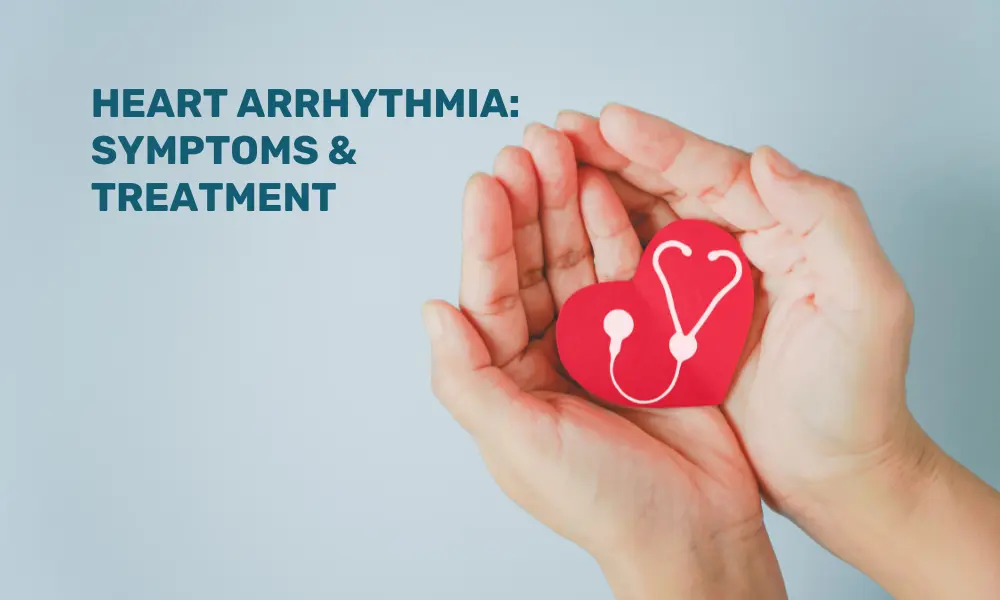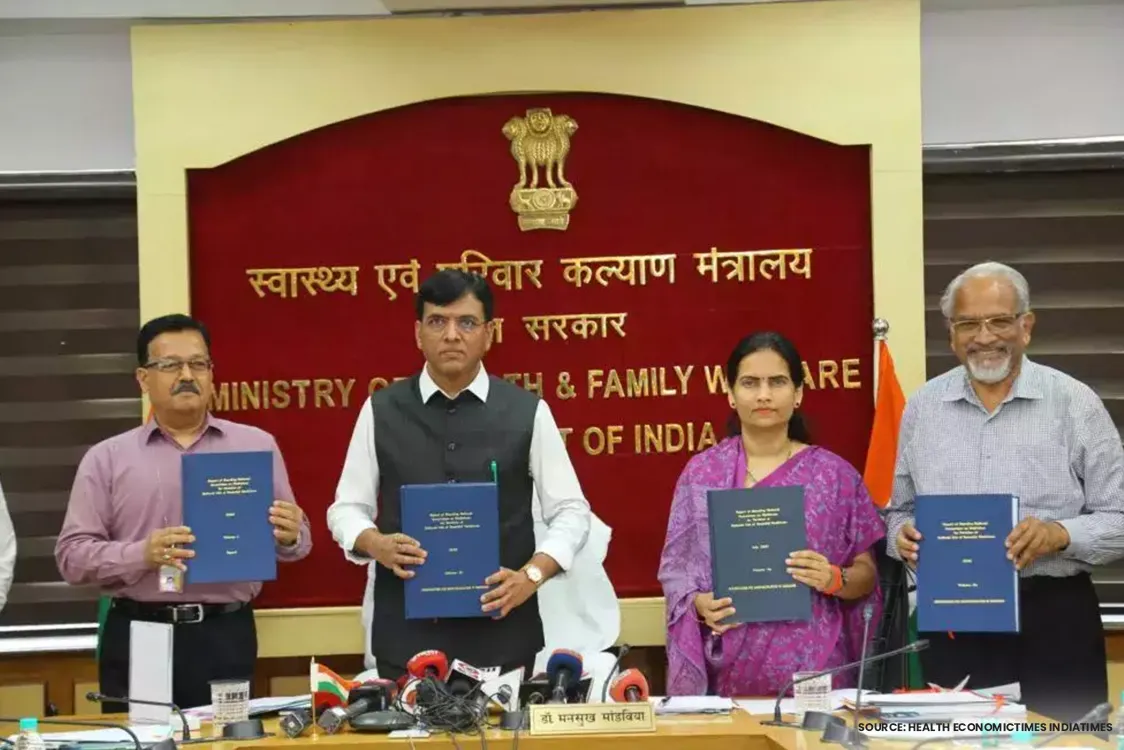In New Delhi: Over 80 million Indians are estimated to have pre-diabetes, and there are 74 million people in the country who are estimated to have diabetes. A recent national study, the ICMR-INDIAN research, which employed a linear regression model and quadratic programming, demonstrated that diabetes remission (reversal) could be attained if the carbohydrate content of the Indian diet can be reduced to 49–54%, the protein content increased to 19–20%, and the fat content maintained at 21–26%.
According to the study, the carbohydrate content of between 54% and 57%, the protein content of between 16% and 20%, and the fat content of between 20-24% would be sufficient to prevent the progression from pre-diabetes to diabetes.
The Indian Council of Medical Research (ICMR) funded the most extensive epidemiological study on diabetes in India, the ICMR-INDIAN, which included data from 29 States and two Union Territories and involved 18,090 adults.
According to Dr. R. M. Anjana, vice president of the Madras Diabetes Research Foundation (MDRF) and the study’s first author, “Our results show that even a modest reduction in carbohydrate intake with an increase in protein, along with healthy fats, can help to both reverse diabetes as well as prevent its progression.” This contrasts with earlier studies that recommended a very low (near zero) carbohydrate intake, which is unsustainable in the Indian context.
Quadratic programming problem (QPP) researcher, Dr. Seshadri Srinivasan from Kalasalingam Academy of Research said, “Using mathematical modelling, we were able to predict both remission and prevention of diabetes at a population level using the ICMR-INDIAB diet data.”
“The recommendations varied slightly based on age, sex, body weight, activity level, and in urban and rural areas,” said Sudha Vasudevan, Head Department of Foods and Nutrition Research, MDRF. However, the fundamental ideas continue to be the same.
Dr. V. Mohan, President of MDRF, added in response to a question about Indians and their eating patterns, “Indians could even slightly change their dietary habits by reducing their carbohydrate intake and substituting it with protein (preferably vegetable protein), not only diabetes but also cardiovascular disease can be prevented.”





